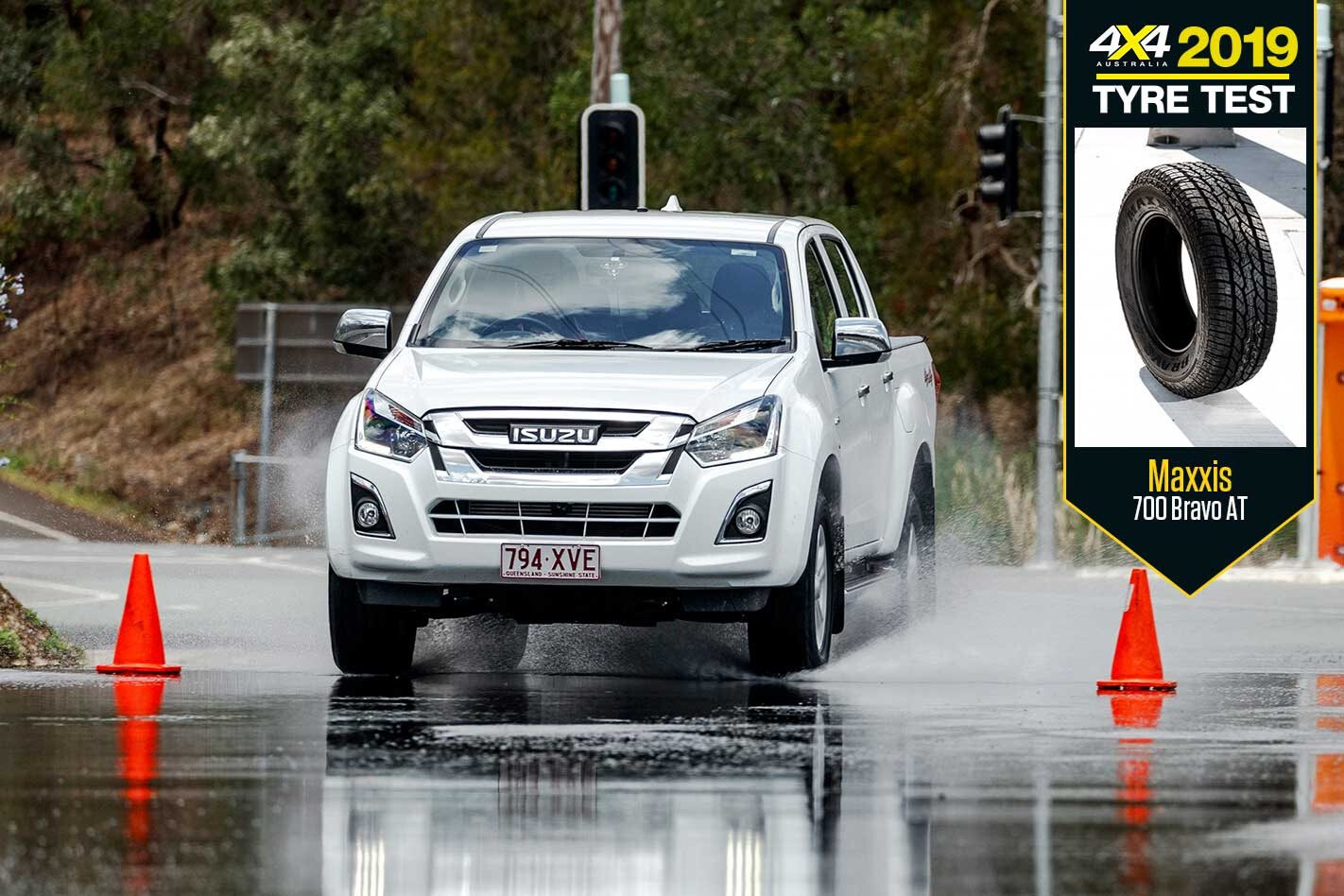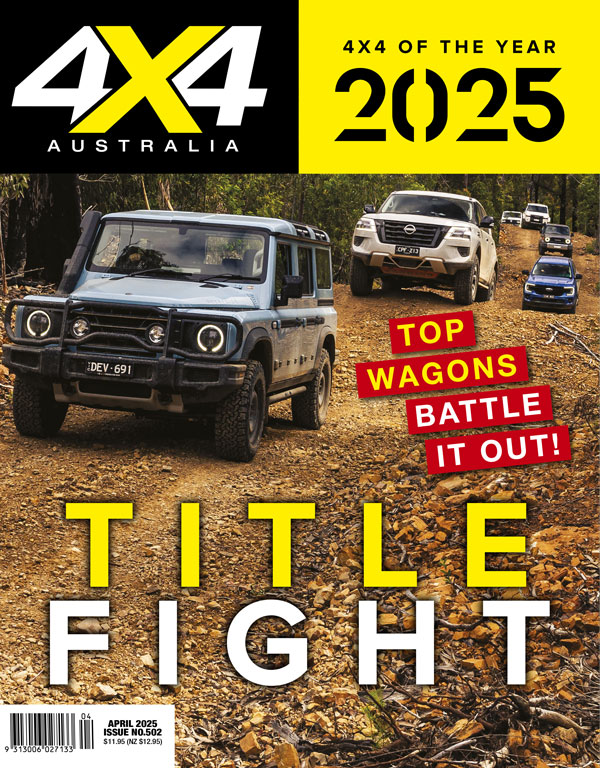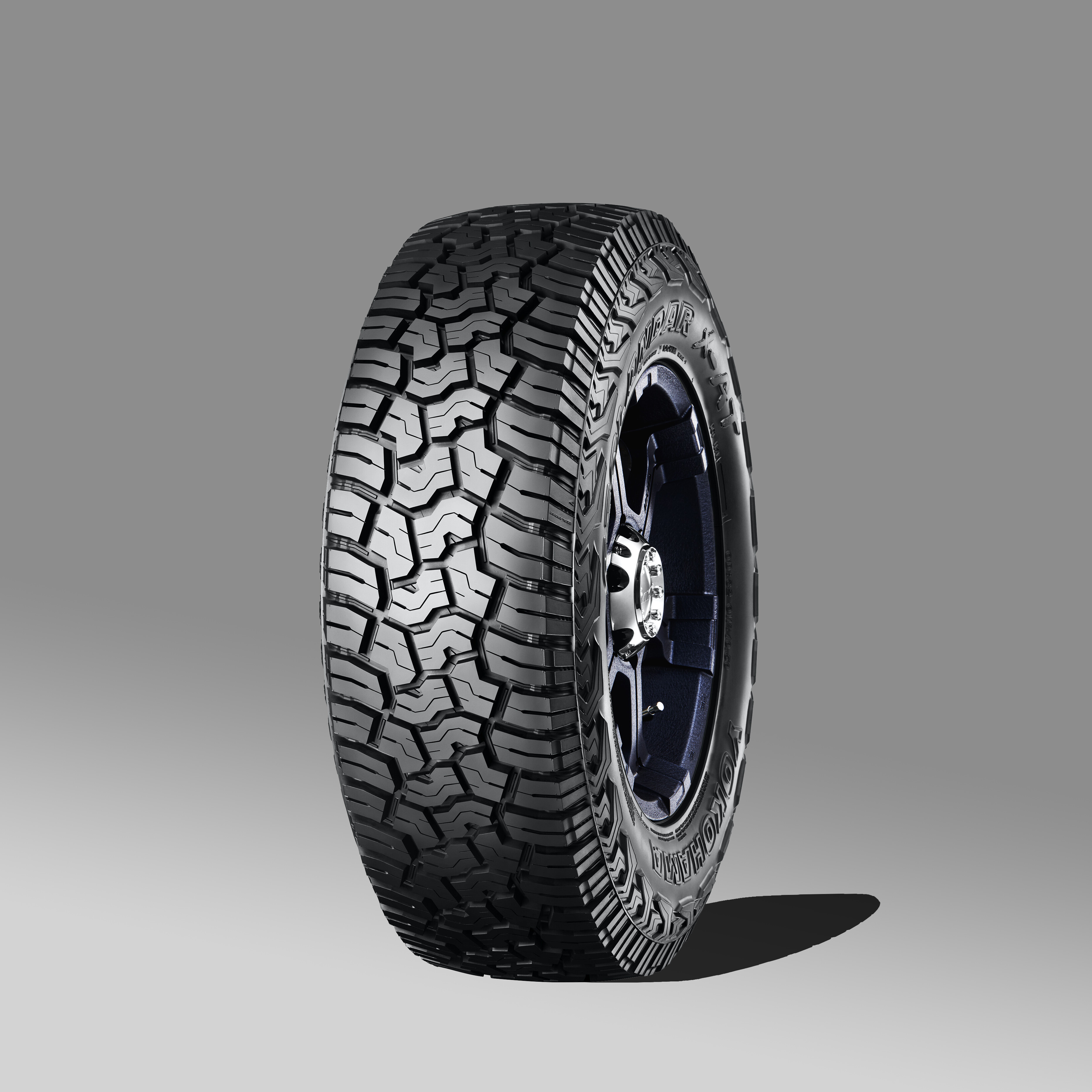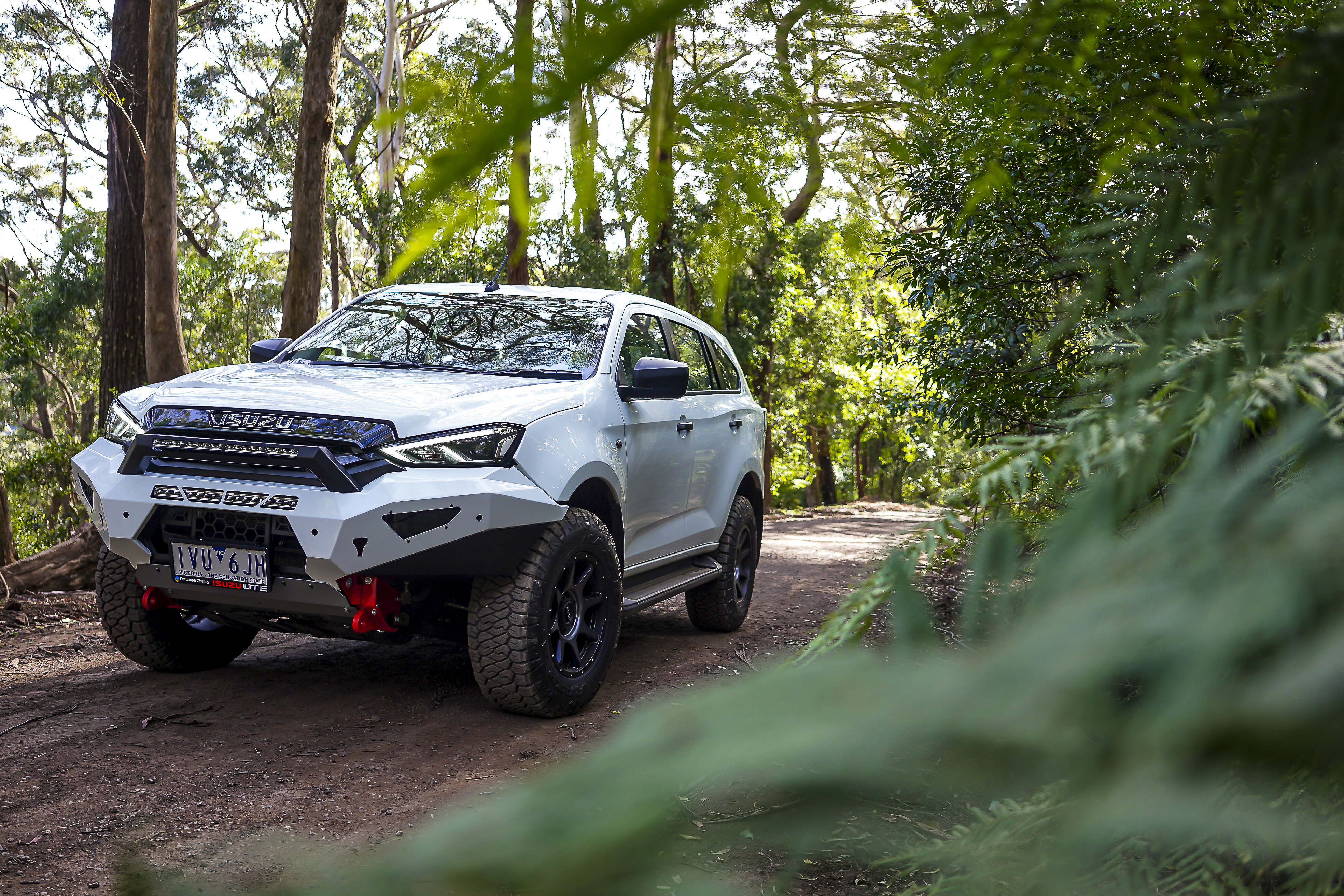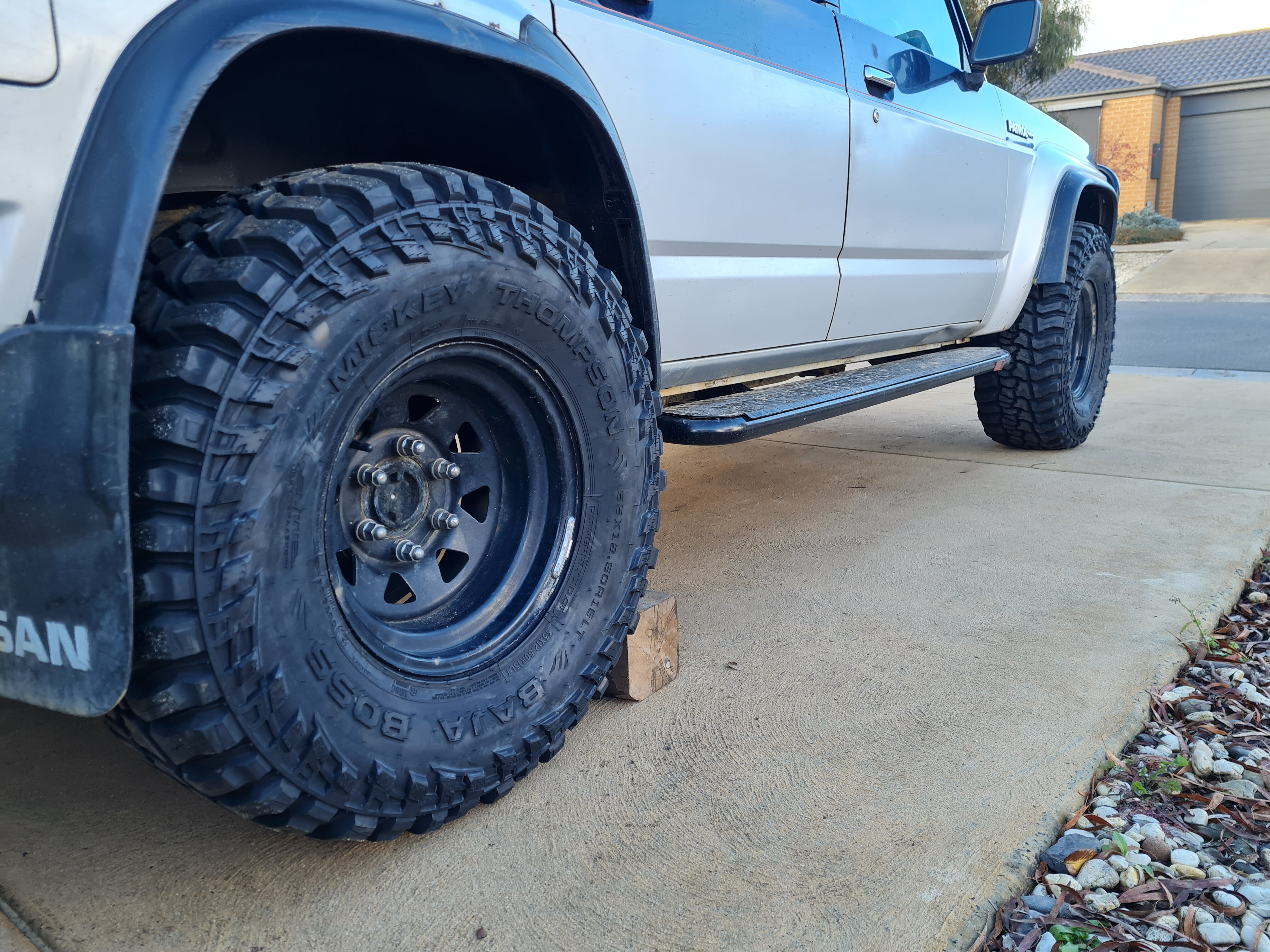FROM the first ABS stop the Maxxis 700 Bravo all-terrains demonstrated decent grip that had the D-Max pulling up in a smidge over 46 metres. While they were nowhere near the Dunlops for succinctness when it came to stopping, the Maxxis led the rest of the field. That sentiment was backed during wet braking, with the rubber and tread pattern leading to consistently good stops during our 70km/h test.
That the Maxxis managed relatively short stopping distances was good, but its cornering performance was better. In both wet and dry it scrabbled around our quartet of corners in the quickest time. Okay, so we’re only talking fractions of a second, but small increments is the nature of tyre testing – and the reality is the Maxxis were quicker.
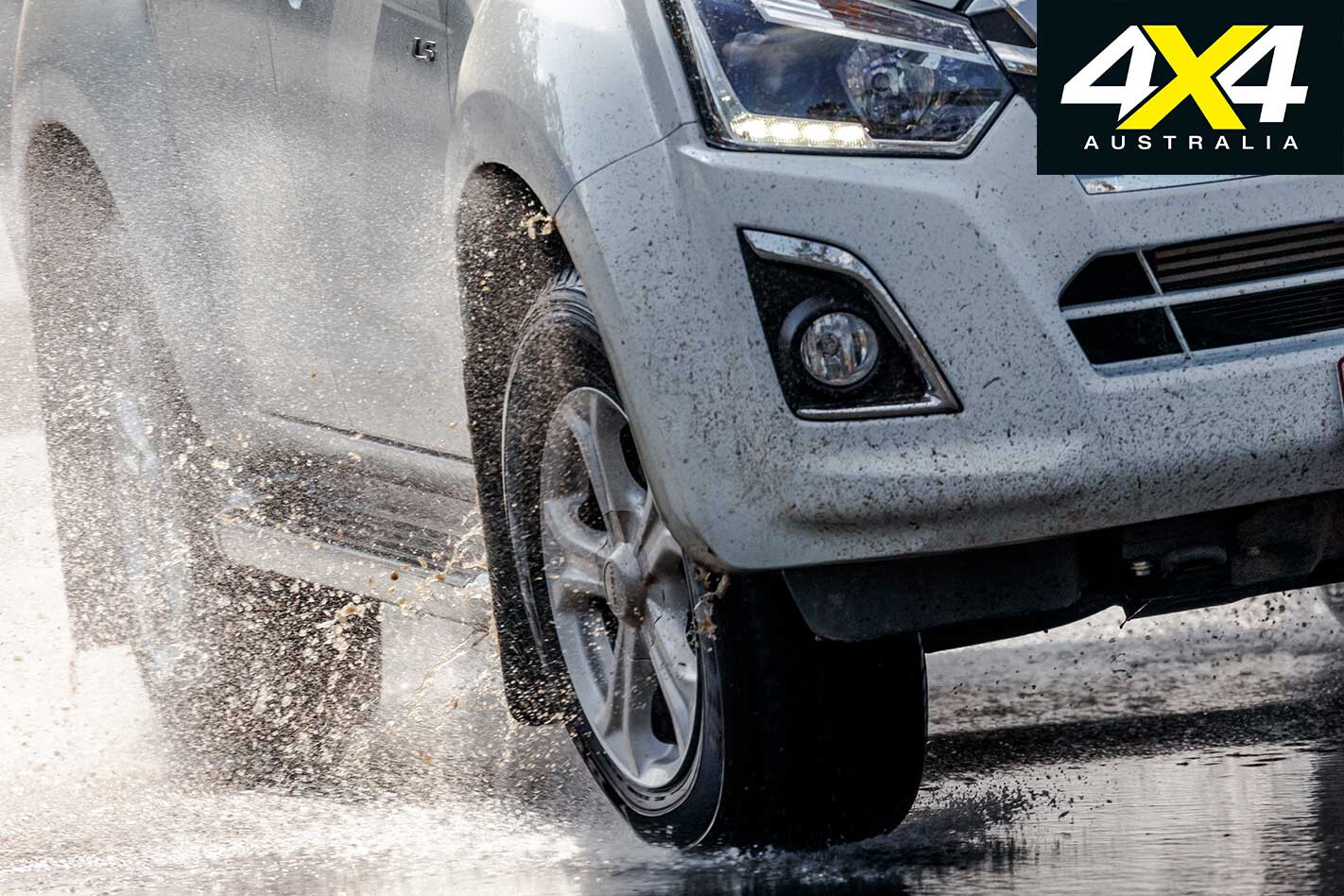
As the data attests, the Maxxis performed very well across a broad range of on-road disciplines, something that helped bolster its overall score. However, that grip up to the limit came with a minor drawback: as the nose bites and faithfully holds its own through a corner, the tail doesn’t maintain the same poise and the rear tyres slide around.
In the real world the stability control will halt any such antics, but it’s indicative of the challenges with a high-riding off-roader; sure, grip is one thing, but how the car behaves throughout the range of driving conditions is just as important.
Off-road, the Bravos performed solidly, the mild side-bite paying off in both loose and hard-packed dirt. Walker noted there was less throttle input needed in some situations as grip eased things through, something that earned them a five per cent bonus for the off-road factor.
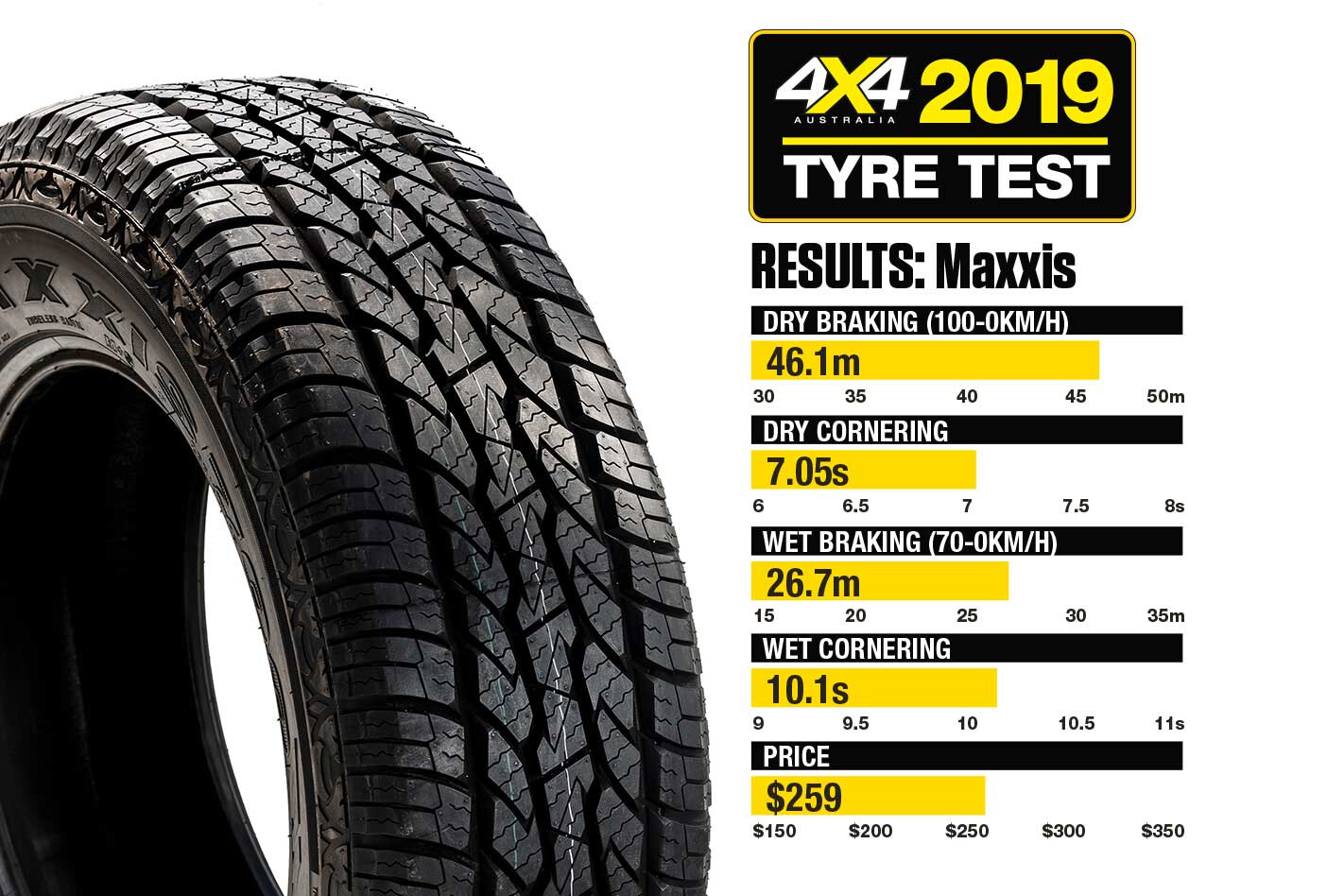
If there was one blemish, it was when rock hopping. Walker noted that while there was good bite through mud and gravel, the tyres were prone to some occasional slipping on rock climbs.
The final piece of the Maxxis Bravo 700 equation is a keen $259 RRP. It’s not bargain basement, but it undercuts many more recognised brands.

